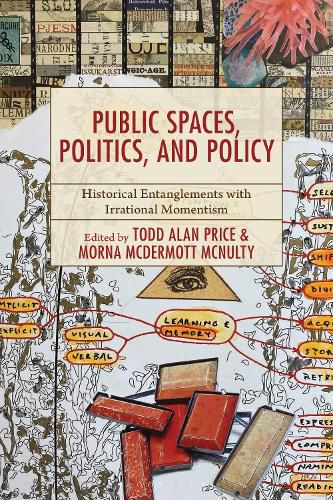Readings Newsletter
Become a Readings Member to make your shopping experience even easier.
Sign in or sign up for free!
You’re not far away from qualifying for FREE standard shipping within Australia
You’ve qualified for FREE standard shipping within Australia
The cart is loading…






This books takes a deep dive into the historic, sociopolitical, and economic interests that have resulted in a frontal assault on the very governance of public education. Recent decades have seen dramatic changes in the landscape of American public education, including the closure of local schools, elimination of teachers' unions, and local school board takeover attempts. In order to explore the social and political motivations behind these changes, the contributors address questions such as: What tactics are being used to drive this paradigm shift where teachers are the enemy, and schools are harming kids? What events in this sociopolitical moment right now make it ripe for dismantling the democratic experiment of public education? In an age of sound bites and instant news, how can the nuanced-and sometimes hypocritical-narrative supporting public education compete for attention with the seductive, political pablum of reactionary groups? The voices in these chapters include those of curriculum theorists, policy analysts, education practitioners and leaders, and parents-all of whom engage in forms of activism at the local and/or national level.
$9.00 standard shipping within Australia
FREE standard shipping within Australia for orders over $100.00
Express & International shipping calculated at checkout
This books takes a deep dive into the historic, sociopolitical, and economic interests that have resulted in a frontal assault on the very governance of public education. Recent decades have seen dramatic changes in the landscape of American public education, including the closure of local schools, elimination of teachers' unions, and local school board takeover attempts. In order to explore the social and political motivations behind these changes, the contributors address questions such as: What tactics are being used to drive this paradigm shift where teachers are the enemy, and schools are harming kids? What events in this sociopolitical moment right now make it ripe for dismantling the democratic experiment of public education? In an age of sound bites and instant news, how can the nuanced-and sometimes hypocritical-narrative supporting public education compete for attention with the seductive, political pablum of reactionary groups? The voices in these chapters include those of curriculum theorists, policy analysts, education practitioners and leaders, and parents-all of whom engage in forms of activism at the local and/or national level.